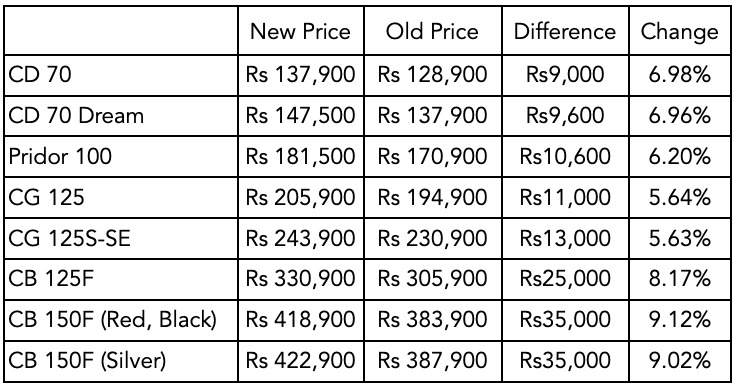

**PAMA Reports 39% Surge in Car Sales Last Month**
The Pakistan Automotive Manufacturers Association (PAMA) has recently revealed an impressive 39% surge in car sales for the previous month, indicating a notable recovery in the automotive industry. This sales increase serves as a positive sign for the sector, which has encountered numerous obstacles over recent years, including economic fluctuations, supply chain issues, and varying demand.
**Factors Contributing to the Surge**
Multiple factors have led to this significant growth in car sales. Firstly, the relaxation of COVID-19 restrictions has resulted in a more stable economic landscape, promoting consumer expenditure. Furthermore, the government’s supportive policies, such as lower interest rates and incentives within the automotive domain, have been pivotal in enhancing consumer morale and purchasing capacity.
Additionally, the launch of new vehicle models and the broadened financing alternatives have attracted a wider customer base. Automotive firms have also intensified their marketing strategies, emphasizing the latest features and technological innovations in their offerings, further stimulating consumer interest.
**Impact on the Automotive Sector**
The 39% surge in car sales signifies a hopeful advancement for the automotive sector, which has been working hard to regain its stability. This growth not only advantages car makers but also generates a beneficial ripple effect across interconnected sectors, such as auto parts producers, dealerships, and service providers. Increased sales figures can result in elevated production rates, job creation, and overall economic advancement.
Moreover, the boost in car sales can spark foreign investment in Pakistan’s automotive industry, as international firms might recognize the market as an attractive prospect. This could usher in more cutting-edge technologies and manufacturing methods, further elevating the industry’s competitiveness on a global front.
**Challenges and Future Perspective**
Notwithstanding the encouraging trend, the automotive sector still grapples with challenges that could affect future expansion. Rising fuel costs, inflationary pressures, and potential shifts in governmental policies are elements that could sway consumer actions and buying choices. Additionally, the ongoing global semiconductor shortage presents a risk to production capabilities, potentially limiting the availability of specific car models.
Nevertheless, the overall forecast for the automotive sector remains hopeful. Industry analysts anticipate that sustained economic recovery, alongside strategic investments and policy backing, will maintain the momentum in car sales. As manufacturers adjust to evolving market conditions and consumer habits, the industry is set for further growth and innovation.
In summary, the 39% increase in car sales reported by PAMA marks a key achievement for Pakistan’s automotive industry. It showcases the resilience and adaptability of the sector amidst challenges and lays the groundwork for continued progress and development in the upcoming months.






